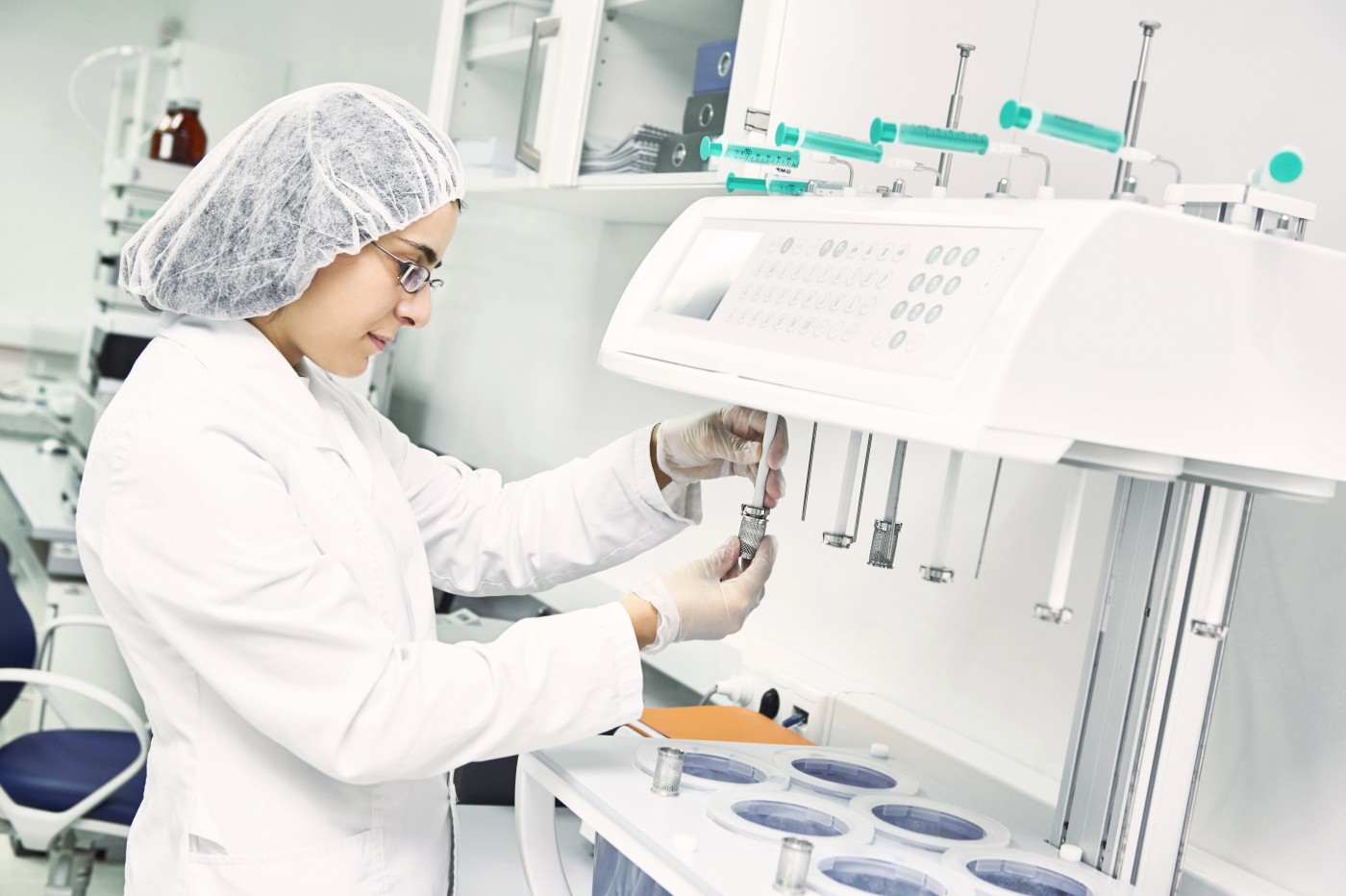PAH Study to Test Tocilizumab as Potential Disease Modifying Treatment
Written by |

A new study is investigating whether tocilizumab, an immunosuppressive drug mainly used as a therapy for rheumatoid arthritis and systemic juvenile idiopathic arthritis, might also be a treatment for pulmonary arterial hypertension (PAH). Treatment options now available for the condition only alleviate disease symptoms. Tocilizumab may become the first disease modifying PAH drug.
The TRANSFORM-UK study results from an alliance between the pharmaceutical company Roche and the National Institute for Health Research (NIHR) Rare Diseases Translational Research Collaboration. The NIHR established the research effort in 2013 to bring together the nation’s top specialists in rare diseases.
“We are determined to give NHS [National Health System] patients the fastest access to the most innovative, effective medicines, which is why we invest over £1 billion each year in the National Institute for Health Research,” said Life Sciences Minister George Freeman in a press release. “Through the NIHR’s £20 million Rare Diseases research collaboration we are bringing together the country’s leading health researchers in hospitals, Universities and companies like Roche to help them get access to world-leading research infrastructure in the NHS and accelerate the access for NHS patients to new treatments.”
The NIHR will support the project funding and provide expert investigators. Roche is providing tocilizumab, and supporting a part of the study’s costs. The study is led by Dr. Mark Toshner from the Papworth Hospital NHS Foundation Trusts, with Cambridge University Hospitals NHS Trust serving as host.
“Working with NOCRI and the NIHR has been invaluable to ensure rapid connections and fruitful partnership with the UK’s leading experts in translational research of PAH. Being able to look at the in-depth science of how one of our current treatments could be applied to a real unmet medical need is what attracted us to carry out this work in the UK,” said Dr. Madhi Farhan, Roche’s head of the Office of I2O Innovation. “We hope this research will soon lead to benefit for patients with this debilitating disease.”
PAH is a progressive disorder characterized by abnormally high blood pressure (hypertension) in the pulmonary artery, the vessel that carries blood from the heart to the lungs. Hypertension occurs when most of the very small arteries throughout the lungs narrow in diameter, increasing the resistance to blood flow. To overcome this resistance, pressure increases in the pulmonary artery and in the heart chamber that pumps blood (the right ventricle). There is no cure for PAH and fewer than 40% of patients live more than five years after diagnosis. This disorder is twice as common in females as in males.
“The NIHR has invested significantly in the research of rare and neglected diseases, and its Rare Diseases Translational Research Collaboration is instrumental in translating cutting edge science into immediate benefits for patients. This innovative and exciting trial of an available biological drug is further evidence for the success of the NIHR in collaborating with industry on the development of groundbreaking therapies. I am delighted to see the important role NOCRI played in building and supporting this collaboration with Roche,” said Mark Samuels of the NIHR.



